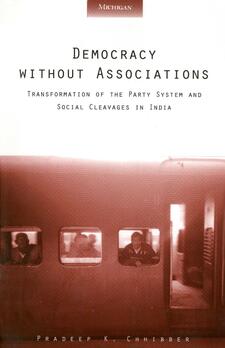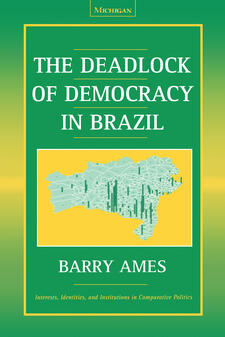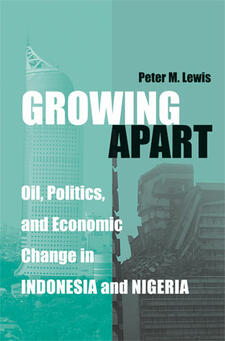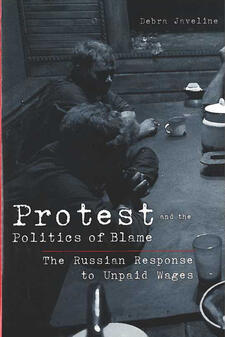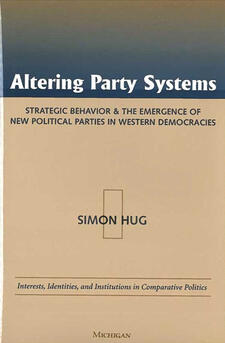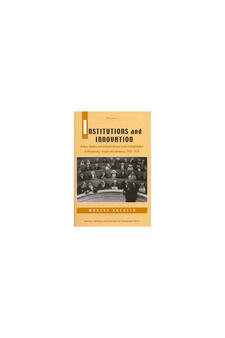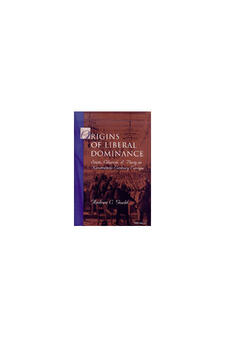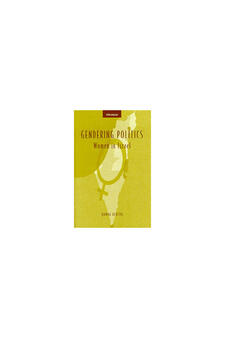This series is closed to submissions.
The post-Cold War world faces a series of defining global challenges: virulent forms of conflict (ethnic strife, nationalism, religious fundamentalism, and terrorism), the resurgence of the market as the basis for economic organization, and construction of democratic institutions. These challenges affect so many different states in so short a period of time that they invite theoretically-based comparisons to establish similarities and differences among countries. Political scientists working in comparative politics have developed explanations grounded in the rational pursuit of individual and group interests, culture and the pursuit of identities and the structures or institutions which shape political, social and economic life. They have also used a variety of methodologies, both quantitative and qualitative, to understand the challenges facing the late twentieth century world.
Interests, Identities, and Institutions in Comparative Politics will publish books which explore important issues in politics on a comparative basis using any of these explanatory and methodological approaches. We are especially interested in books which explicitly use theory and multicountry explanations to address key contemporary issues in comparative politics. Moreover we encourage innovative work that either synthesizes or confronts theoretical paradigms or applies together quantitative and qualitative methodologies. Interests, Identities, and Institutions in Comparative Politics thus will explore the emerging theoretical and methodological synergisms and controversies about social conflict, political economy, and institutional development.

